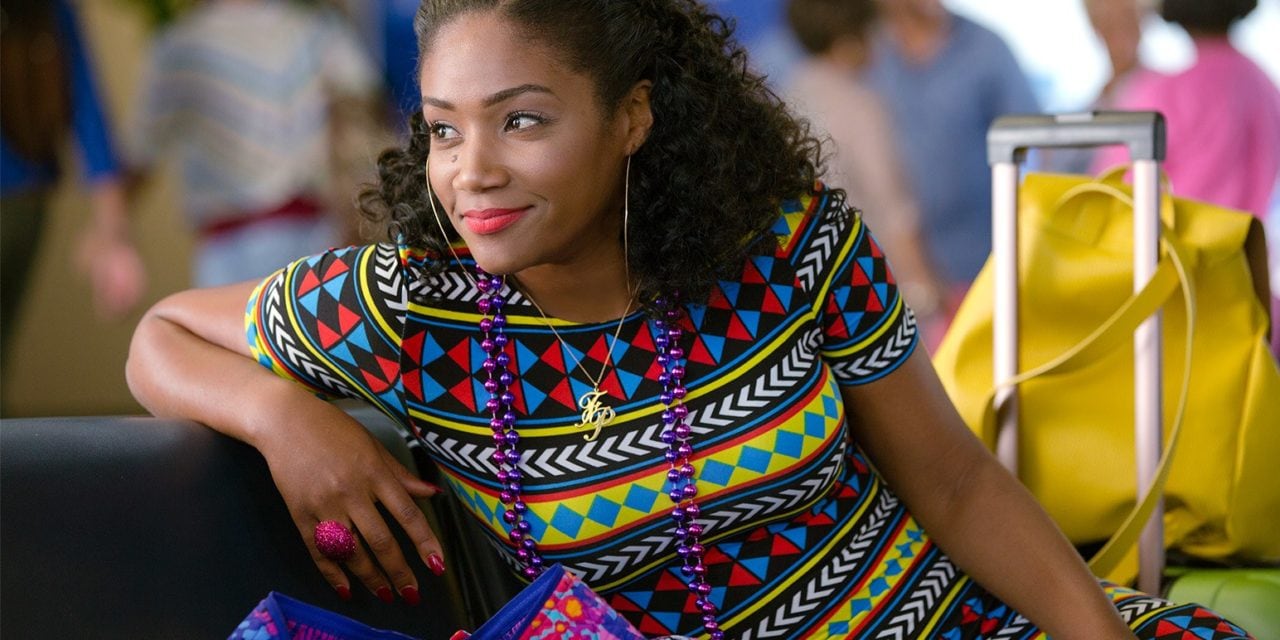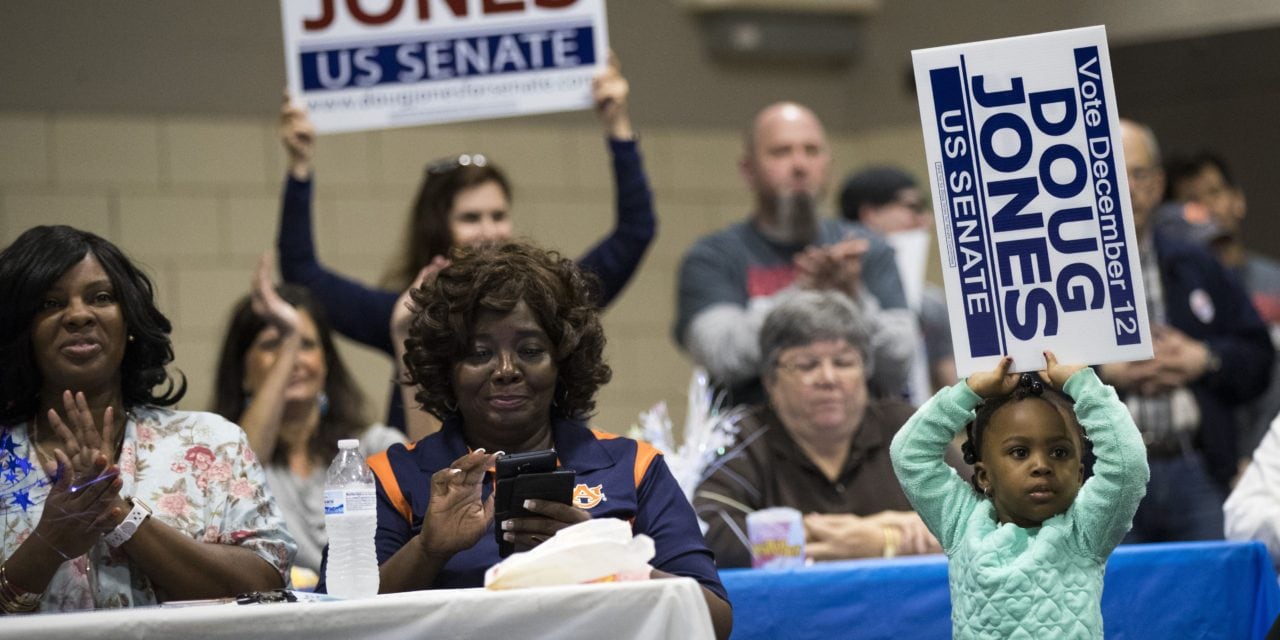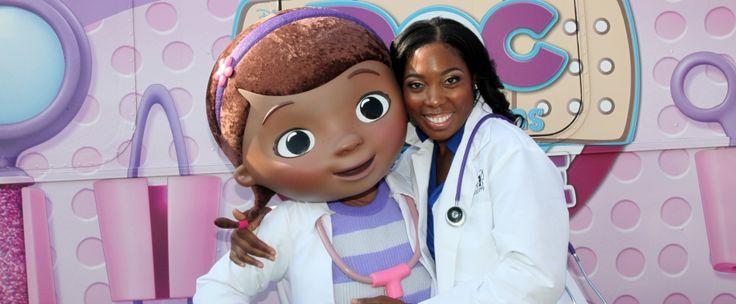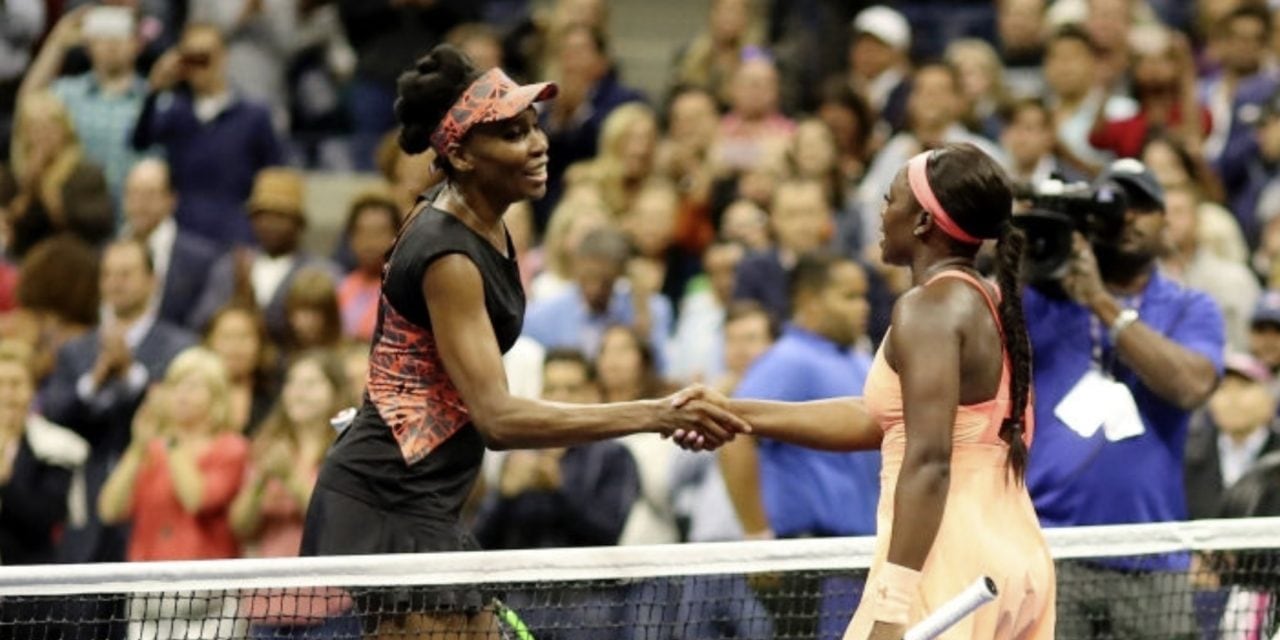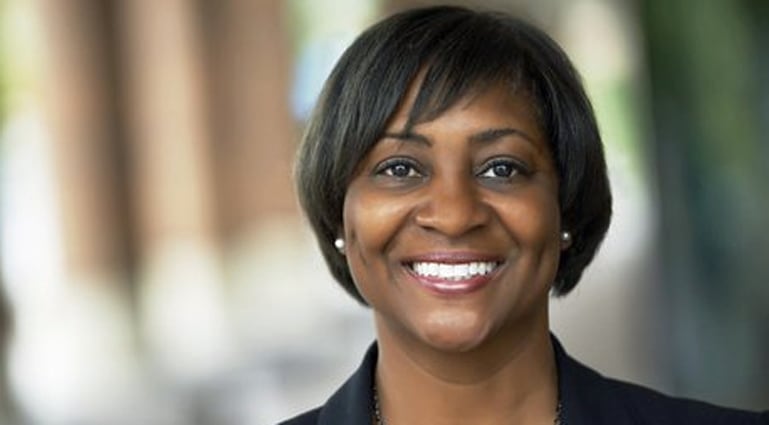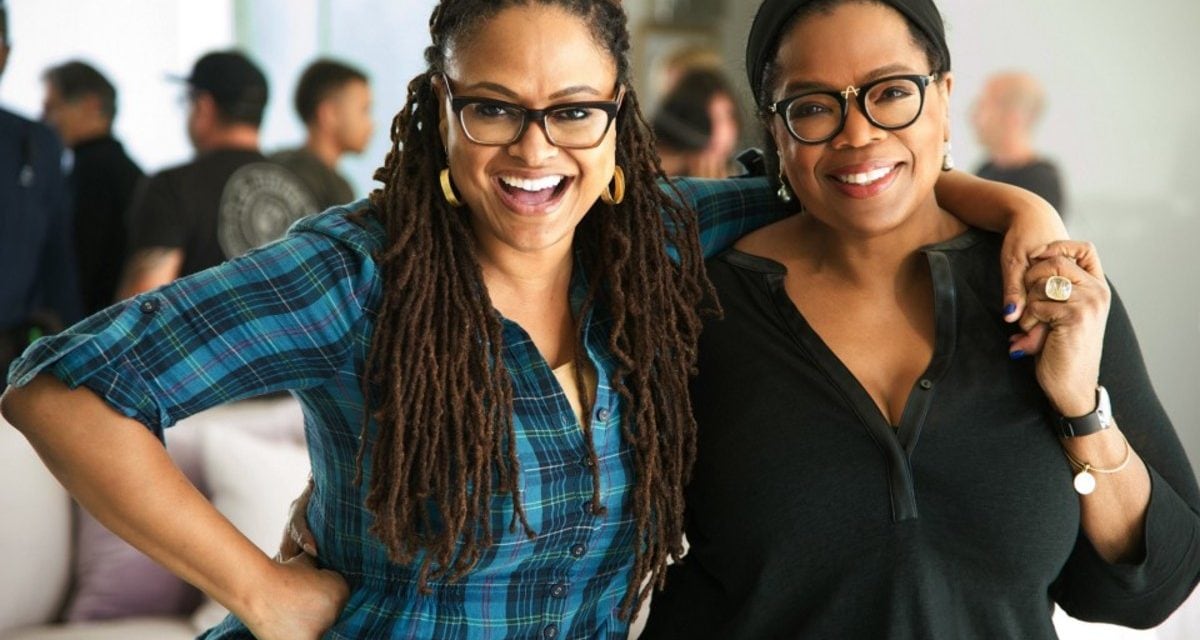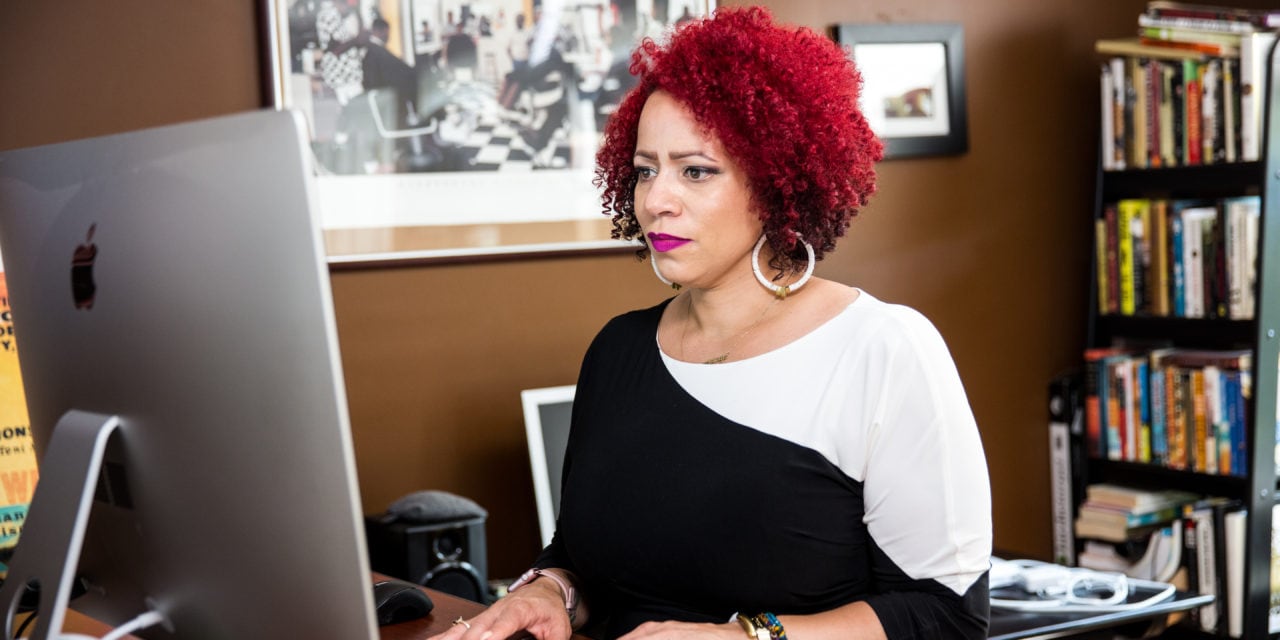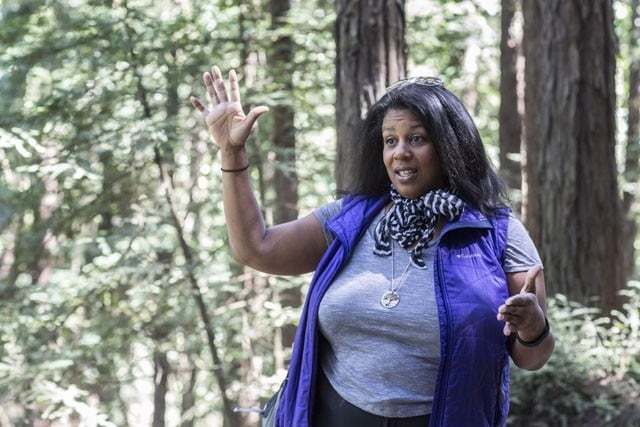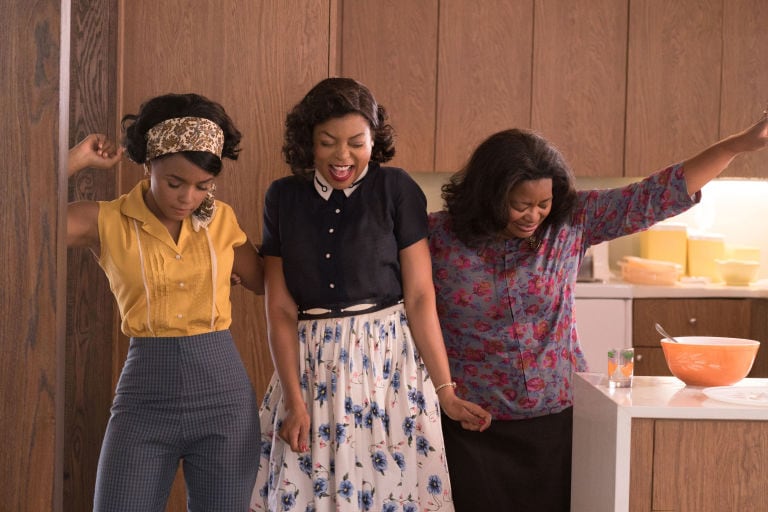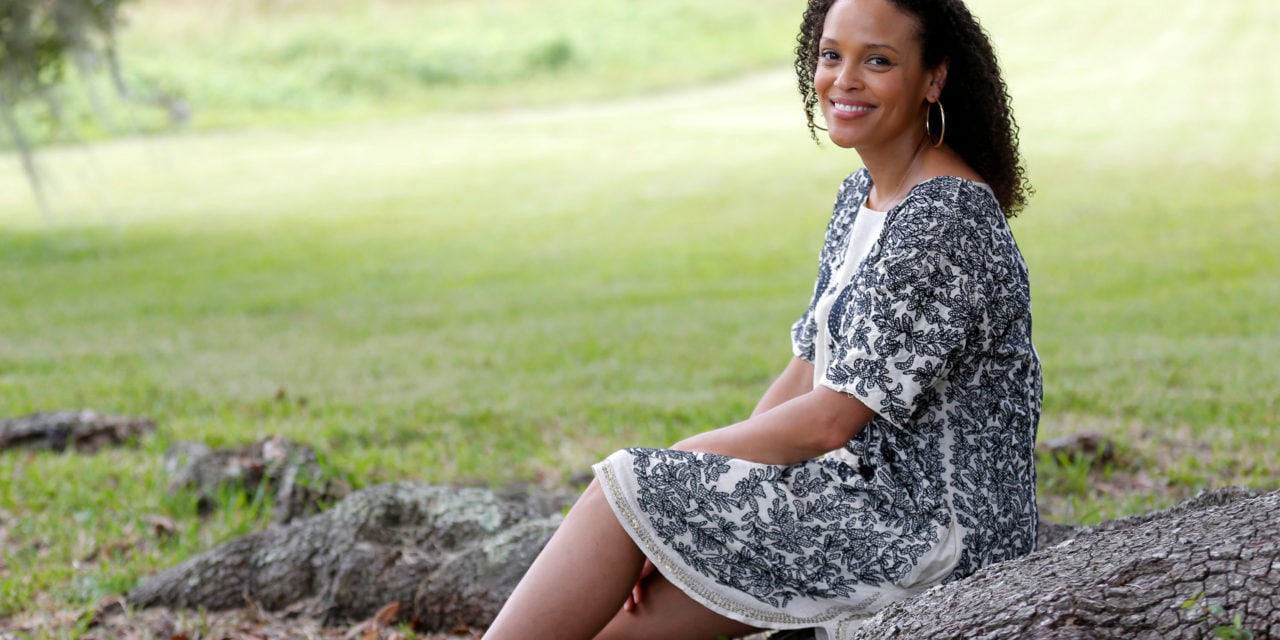12. Nikole Hannah-Jones Preserves Ida B. Wells’ Legacy
By Kendra Lee
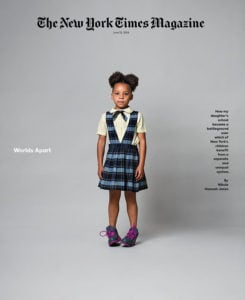 Covering a desegregation program for her high school newspaper lit the journalism spark for Nikole Hannah-Jones.
Covering a desegregation program for her high school newspaper lit the journalism spark for Nikole Hannah-Jones.
Since her days on that youthful beat, Hannah-Jones has spent the past two decades entrenched in reporting on racial injustice in housing and education for print, broadcast and digital media outlets across the United States.
In addition to uncovering the policies and politics that maintain racial segregation in this country, her work has garnered numerous prestigious awards, including the Peabody Award, the George Polk Award, a National Magazine Award and the Hechinger Grand Prize for Distinguished Education Reporting. She is a 2017 New America Emerson fellow and was named a 2017 MacArthur fellow.
“She combines analyses of historical, academic and policy research with moving personal narratives to bring into sharp relief a problem that many are unwilling to acknowledge still exists and its tragic consequences for African-American individuals, families and communities,” the MacArthur selection committee said of her work and the reason for her selection.
Now an investigative reporter for the New York Times Magazine, Hannah-Jones also is writing The Problem We All Live With, a book about school segregation to be published by the One World imprint of Penguin/Random House.
In 2015, she co-founded the Ida B. Wells Society for Investigative Reporting, a training and mentoring organization designed to increase the ranks and profile of investigative reporters and editors of color.
All this hard work and these accolades make Nikole Hannah-Jones the very definition of fierce, but if you need more convincing, listen to her words about school segregation earlier this month during an interview with The Atlantic:
“If the question is, ‘Is there a single place in this country where black kids are getting the same education as white kids?’ No. Not one. I challenge any listener, if you know of a place, and you can send me the data, send it to me. I can tell you places that are doing better than others. But I think the fact that we accept that most black kids will not get an equal education — I think that’s immoral. And I don’t accept it. More places should be trying.”
Kendra Lee is a public information officer for Fairfax County, Virginia, and a freelance writer.

